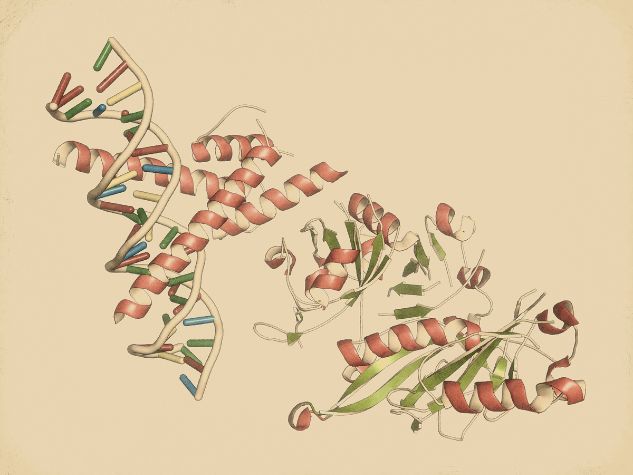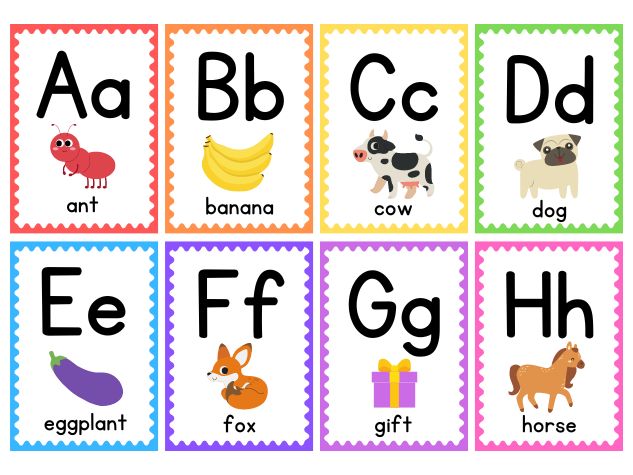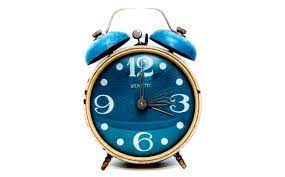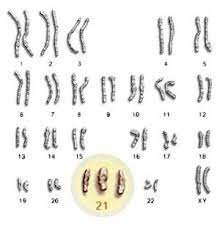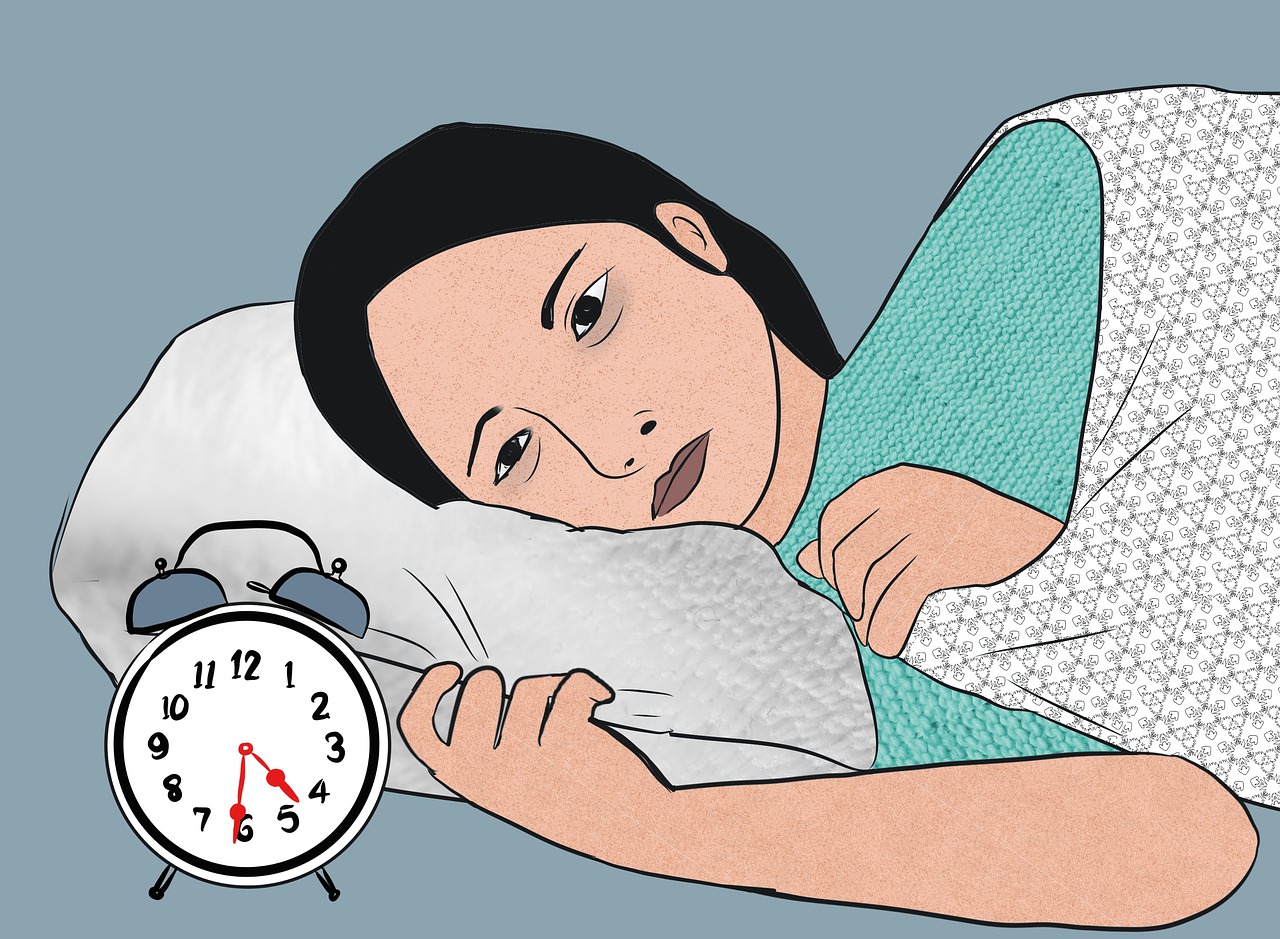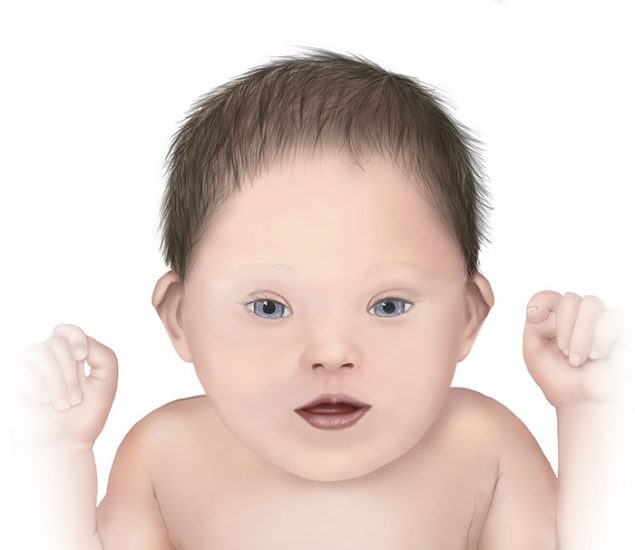Down syndrome and autism are two distinct conditions that can co-occur in some individuals, but they are not directly related. Each condition has its own distinct characteristics and diagnostic criteria.
Down syndrome, also known as Trisomy 21, is a genetic disorder caused by the presence of an extra copy of chromosome 21. It typically results in physical and intellectual disabilities. People with Down syndrome often have characteristic facial features, mild to moderate intellectual impairment, and may experience delays in physical and cognitive development. While individuals with Down syndrome may exhibit some behavioral challenges, such as impulsivity or attention deficits, autism is not a defining feature of Down syndrome itself.
Autism, on the other hand, is a neurodevelopmental disorder characterized by difficulties in social interaction, communication, and repetitive or restricted patterns of behavior. Autism spectrum disorder (ASD) is a complex condition with a wide range of presentations and levels of impairment. It is considered a spectrum because individuals with ASD can have varying degrees of symptoms and abilities.
In some cases, individuals with Down syndrome may also have a co-occurring diagnosis of autism or meet the criteria for ASD. This is sometimes referred to as comorbid Down syndrome and autism. The co-occurrence of these two conditions can present unique challenges for individuals and their families.
Research suggests that the prevalence of autism in individuals with Down syndrome is higher than in the general population. However, the exact reasons for this co-occurrence are not fully understood. It is believed that the genetic factors contributing to Down syndrome may also increase the likelihood of autism-like symptoms, but the precise relationship between the two conditions remains a topic of ongoing study.
It’s important to note that while some individuals with Down syndrome may exhibit behaviors or characteristics similar to autism, others may not meet the criteria for an ASD diagnosis. Each person is unique, and it is essential to approach assessment, support, and intervention based on an individual’s specific needs and strengths.




